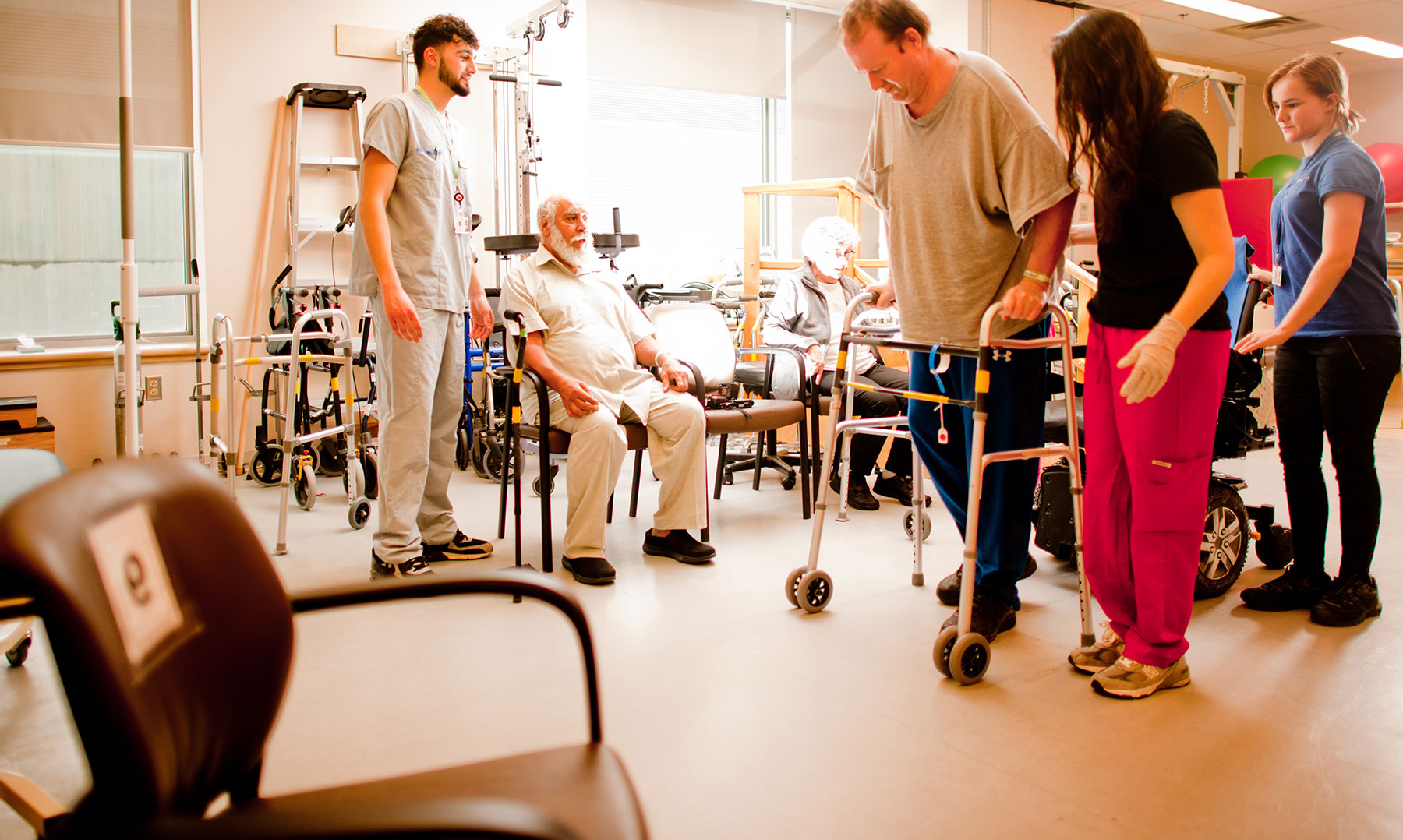At Osler, we know that a patient’s cancer journey doesn’t end with treatment. Our innovative Survivorship Clinic supports cancer survivors as they continue to heal and build their lives after cancer. At this clinic, care goes beyond monitoring to detect further cancers and support the whole person as they recover.
Clinic services
|
|
Each patient at the Survivorship Clinic receives an individualized care plan based on their needs. We focus on four “pillars”:
- screening for the return of tumours and possible secondary cancers;
- monitoring short and long-term side effects of cancer treatment;
- supporting a healthy lifestyle with advice on diet, exercise and the correct psychosocial approach for the future of the cancer journey
- addressing psychosocial issues (e.g. anxiety, depression, insomnia, fear the cancer will return)
- Referral to Wellspring for supporting programs
- Lymphedema treatment referrals
The clinical team also provides patients and their families with information to help them manage their own well-being. Resources may focus on exercise, stress management, nutrition and other ways patients can support their care. |
The Survivorship Clinic team
|
|
Our clinical team includes:
- Physicians, including specialists in oncology and palliative care
- Surgeon
- Nurses
- Social workers
Osler has also partnered with Wellspring, a community support centre. Wellspring provides programs to meet the psychological, emotional and educational needs of people and families living with cancer. Through Wellspring, patients can access a variety of programs to further support healthy living and recovery. |
Referrals
|
| At this time, all referrals to the Survivorship Clinic are made through Osler’s Oncology Department. Please speak to your physician for more information. |
Following the Survivorship Clinic, patients are referred back to their family physicians for ongoing care. Clinic staff work closely with family care providers and share key information to best support the survivor going forward. Should the family physician suspect the cancer has come back, the clinical team will see the patient again if urgently required.

